Holidays to Skiathos combine teal-tinted waters with a vibrant cosmopolitan nightlife. It's the greenest island in the Sporades archipelago, sporting over 60 stunning beaches along a sun-drenched coastline. Soft, golden sands stretch back from the shallow shores before lush-scented pine forests, and aromatic olive groves take over the landscape. Skiathos is also an ideal destination for families, with its laid-back atmosphere and calm shores.
Things to do
The island is ideal for couples, groups of friends, and fashion-conscious clubbers who want to be seen on the scene. However, there's plenty to do for those looking to experience the quieter side of Greece. You can spend a day sightseeing in the sleepy villages of Troulos, wander through the cobbled streets of Skiathos Town or hike the walking trails at Koukounaries forest. Wherever you go, Skiathos holidays offer picture-perfect views around every corner.
Mamma Mia!
Skiathos holidays are incomplete without a trip to the old town and port, the most popular attractions across the Sporades Islands. The town's authentic way of life inspired the movie, Mamma Mia. For a brilliant day out, hop aboard one of the themed Skiathos Sailing Trips from the Old Port to explore neighbouring Skopelos. You'll visit the film's most iconic locations where those classic anthems were filmed.
Shopping
Wander through the sugar-cube streets of Skiathos Town and discover a wealth of designer shops, restaurants, and bars. A hit with celebrities, the cosmopolitan centre is fronted with two yacht harbours, gourmet eateries and classy boutiques. For bargain-hunting, turn down the narrow roads off Papadiamantis Street. Order your travel money before you go, and you can treat yourself to some traditional pottery and embroidery from its small independent shops.
Nightlife
For a lively night, head to Skiathos Town and grab a drink along Bar Street, the best hangout for live music. Then make your way on the disco strip, running east along the coast. Here you'll find plenty of clubs open until the early hours. Stroll into the trendy cocktail lounges on the seafront for a more laid-back vibe. Another glorious spot for cocktails and music is La Bussola Bar in Koukounaries. You can watch the latest sporting events on the screens, too.
History & Culture
Skiathos has a fascinating medieval past, with impressive religious sites dotted throughout the island. Explore sacred Skiathos with a trip to the Church of Three Hierarchs, the Church of the Archangel and the Church of the Virgin Mary. The Skiathos Castle is also a must-see and home to the theatre, with cultural events held throughout the year.
Family Fun
If you can tear yourself away from the beach, you'll find a wealth of things to do on your family holiday to Skiathos. Pop on a water taxi from Koukounaries beach to Old Port and explore the pebbled streets of Skiathos Town together. Pavement cafes and boutiques line the narrow alleyways. You can also enjoy kid-friendly scuba diving, or watch a film at the open-air cinema, Akkiton.
Hiking
The island is just under 7 miles long, with many Walking Trails starting from the ring road around Skiathos Town. With 26 signposted routes, totalling 200 km, it’s a hiker's paradise. Trek through shady forests with medicinal herbs, babbling brooks and historical sites.
Places to stay
There is so much to love about this island wherever you choose to stay. With its laid-back lifestyle, unspoiled beaches and spectacular landscapes, you will find your own slice of Greek paradise here.
Achladies
A 10-minute drive outside the island capital Skiathos Town, the little resort of Achladies packs a real punch for its southern coast location. The resort is the perfect choice for families looking for a quiet spot outside the hustle and bustle of the capital while still being within easy reach of its attractions.
Troulos
To venture even further into Skiathos' lush countryside, choose Troulos. Located in the southwest, in rolling fruit groves and forest, it's the best place for couples and families seeking some peace. It's also only a 30-minute bus ride to the magnificent Monastery of Evangelistria, where the first Greek flag was raised in 1807. As well as scenic trails and cultural hotspots, you're only a 19-minute drive to Skiathos Town, with its swanky cocktails bars and quirky boutiques.
Koukounaries
Koukounaries is famous for its beach. The coast runs between fragrant pine trees and the Aegean Sea's shallow shore, a golden arc of spotless white sand. It's a popular spot with plenty of restaurants, bars, and cafes. Book a tour bus or one of the boat trips to the Castle of Skiathos. The medieval fortification is perched on a rocky cliff, offering the most spectacular panoramic views.
Beaches to visit
The many beautiful beaches scattered across the island make holidays to Skiathos even more memorable. From stretches of soft, golden sand to pebble-strewn shallow bays, they are perfect for swimming. And while some famously deliver a lively atmosphere, you’ll find many spaces to relax and recharge in total tranquillity.
Koukounaries Beach
An excellent spot for nature lovers, Koukounaries Beach, backs onto the lush green Mandraki Pine Forest. This gently curving arc of powder-soft sand, lined with rows of cypress and eucalyptus trees swaying softly in the breeze. One of the most popular hotspots on the island, you can hop aboard water taxis or take a dip in the azure waters. You can also grab a bite at one of the wooden beach bars and tavernas.
Big Banana Beach
Sheltered by a mass of rocky hills, Big Banana Beach takes its name from its crescent shape. It's the most popular spot on the west coast and a favourite among sunbathers and water sports enthusiasts. Away from the shore, you'll find pine forests and wildlife reserves. It also gets sun later in the day, so it's the ideal spot for sunsets.
Hidden Beach
Skiathos has some of the most impressive beaches across all the Greek islands. Hidden Beach, aka Krifi Ammos, is the most secluded. This wild bay has a 200m stretch of soft sand and luscious hills sheltering it from the world. Kick back, relax, and forget your troubles as you watch the waves lapping gently against the smooth ivory-white shoreline. There's also a tiny tavern in case you get a bit hungry.
Lalaria Beach
Lalaria Beach made Skiathos famous for its iconic arch and blue caves, only reachable by boat. Totally unspoilt, you won't find any shops, bars or cafes here, so bring a bottle of water with you! Cruise around the island before taking a dip amongst the string of secret sea grottos that line the cliff face. You can also dry off with a sunbathe on the unique white pebble beach.
Peaceful Achladies Bay
One of our favourite places to visit in Skiathos is sleepy Achladies Bay. Set along the east coast, it's surrounded by lush green countryside. The old fishing town has kept its natural charm, making it a peaceful escape.
More Travel Guides
We also have travel guides available for destinations, including Koukounaries | Troulos
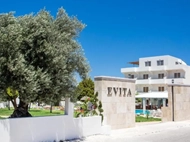
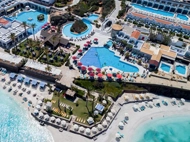





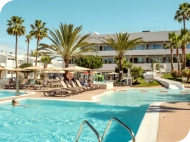










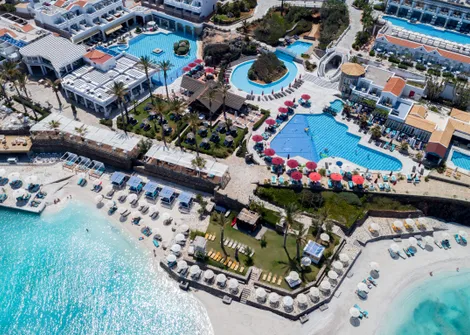
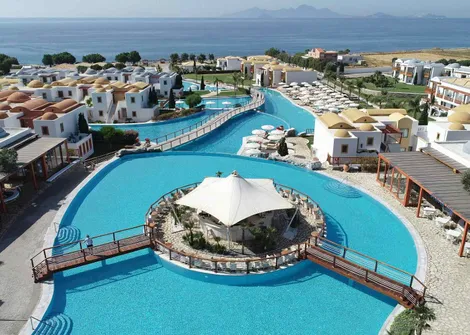
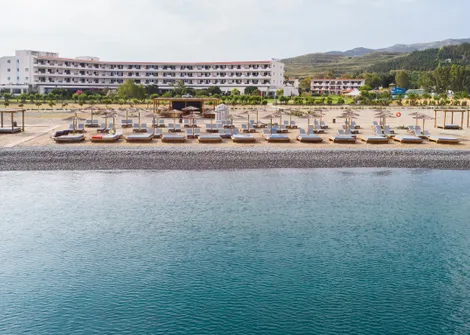
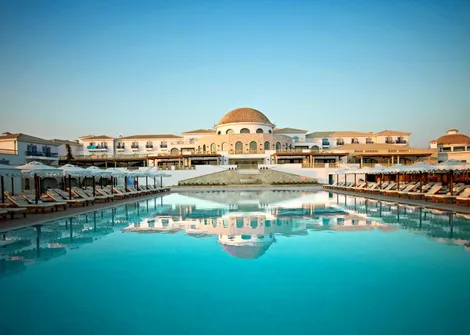
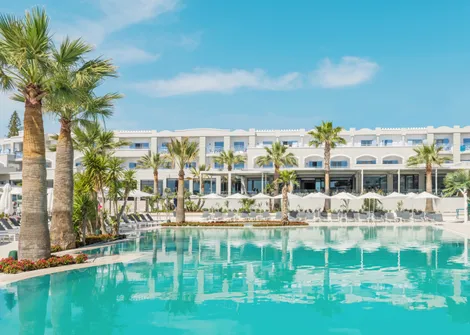




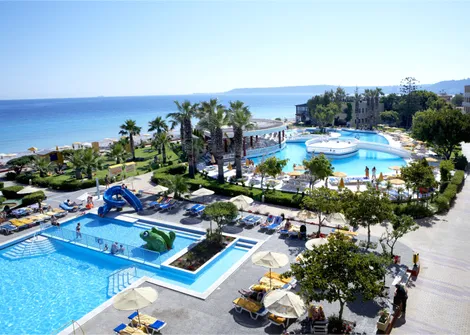
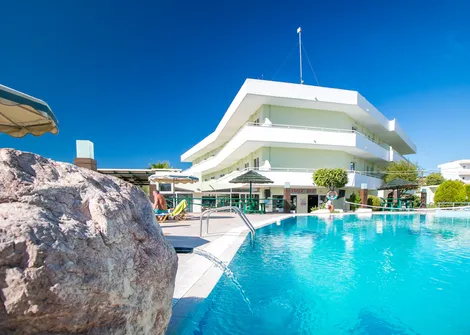
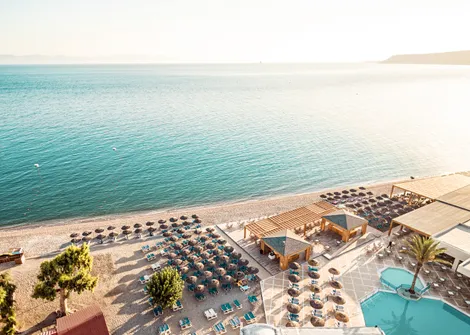
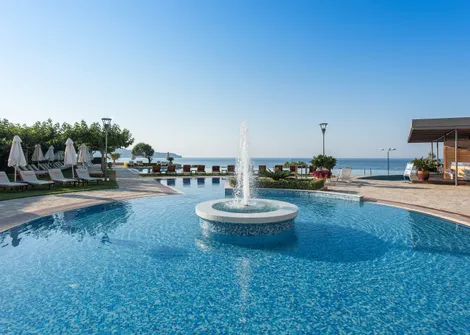
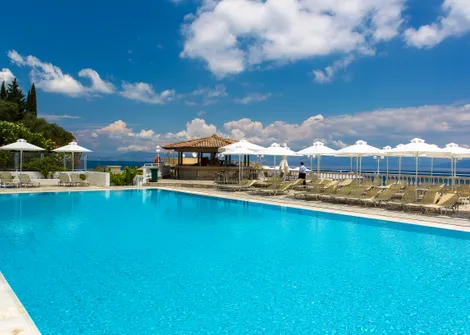

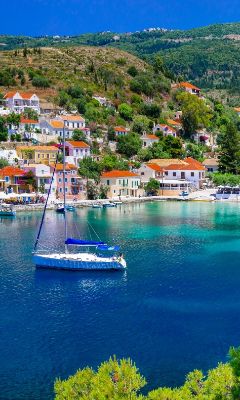
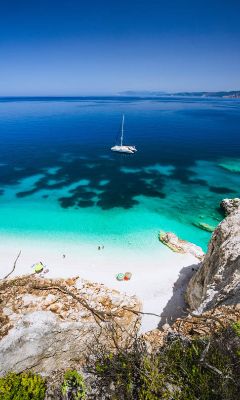
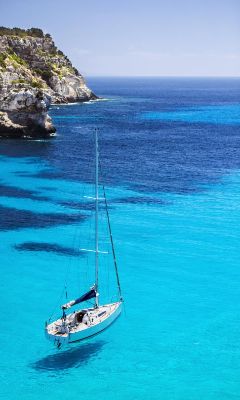
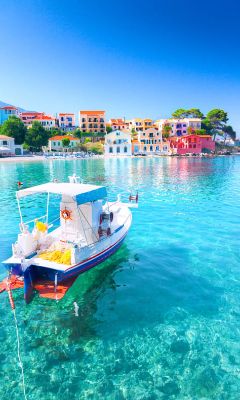



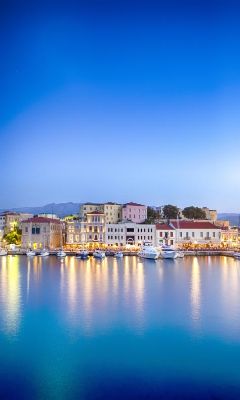

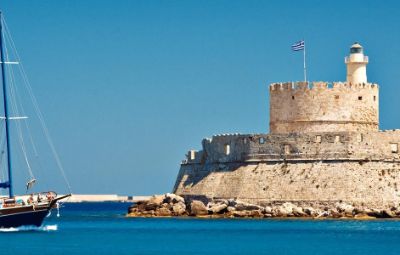
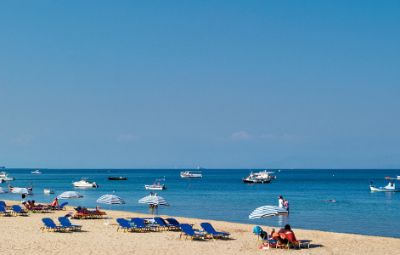
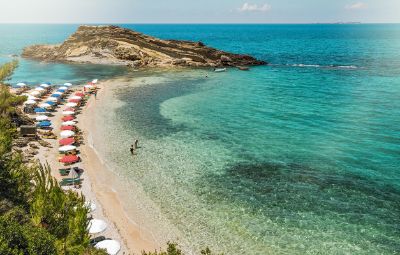
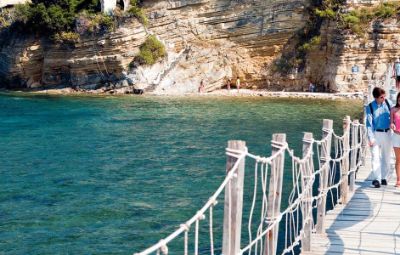
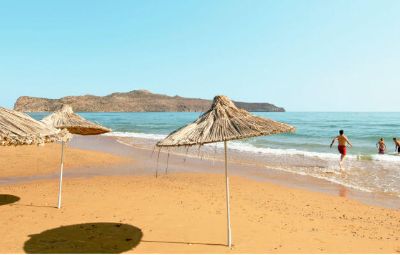
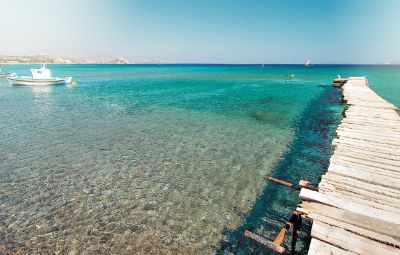
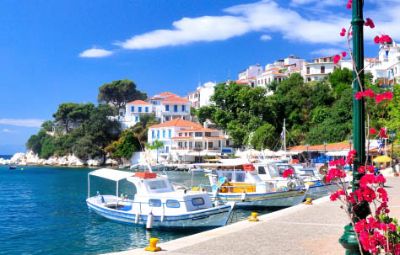

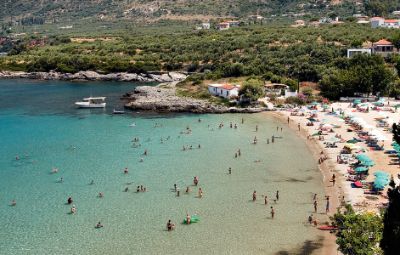

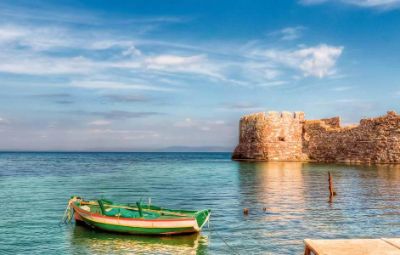
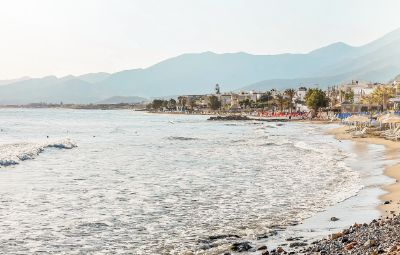
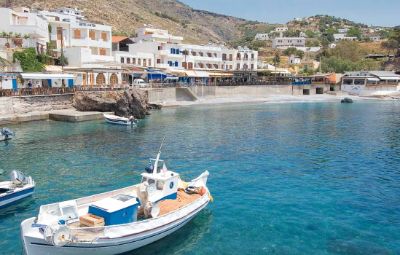
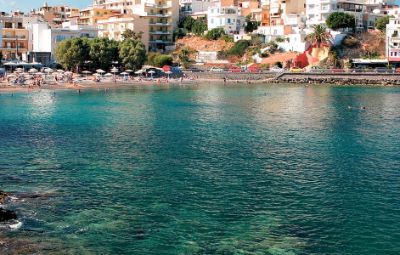
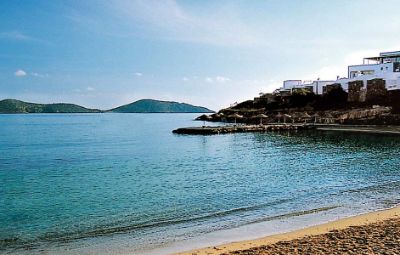
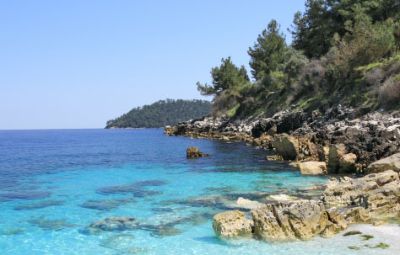
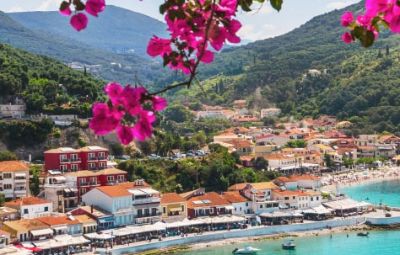
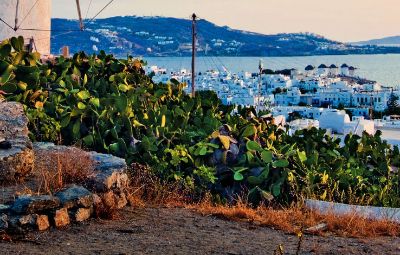

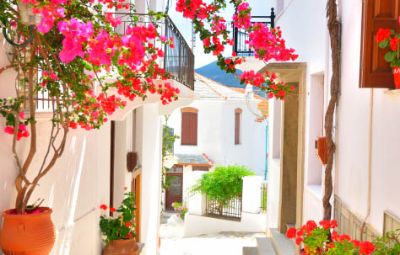

.jpg)

